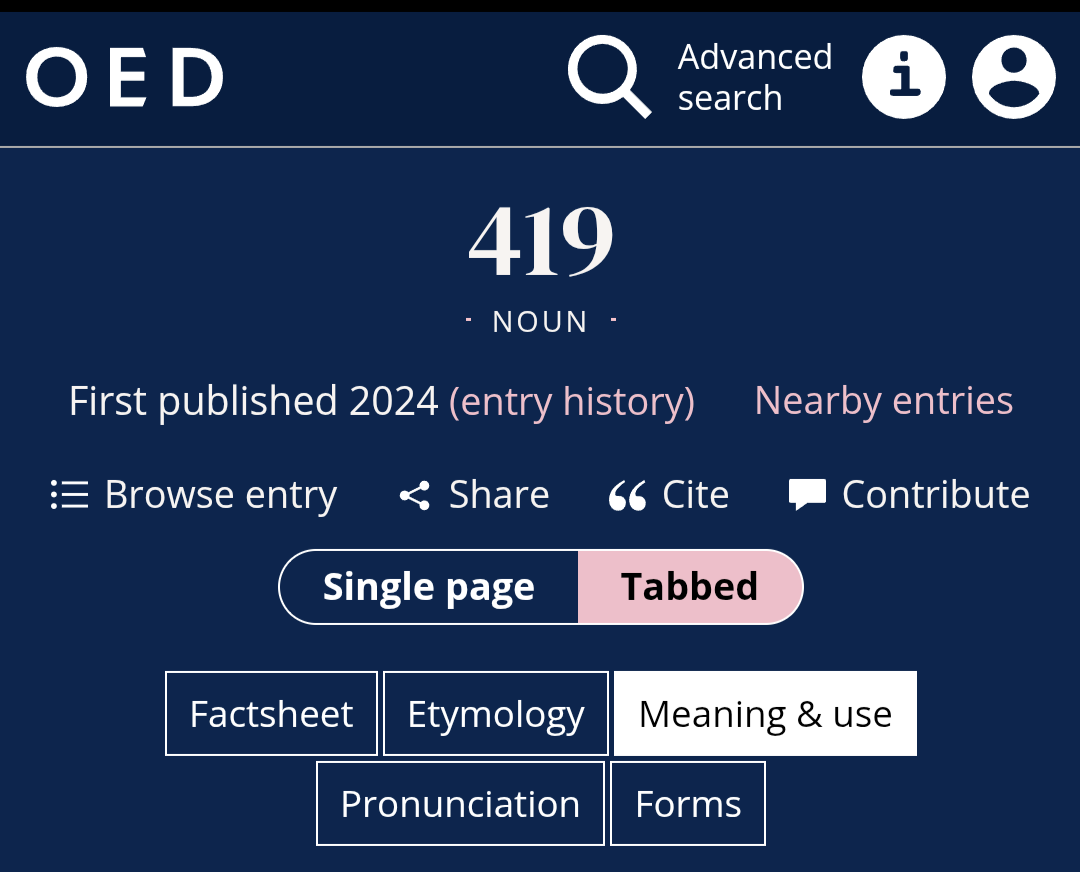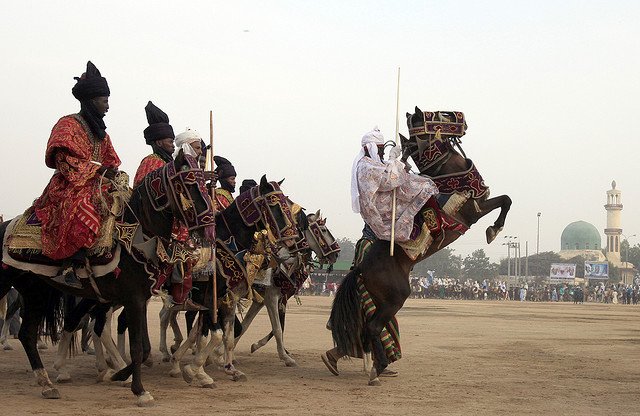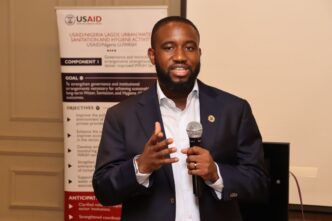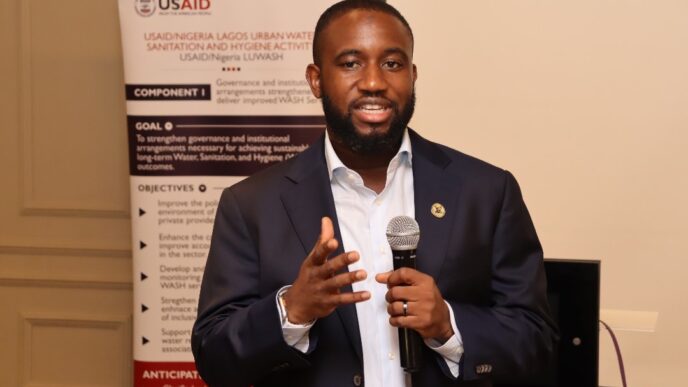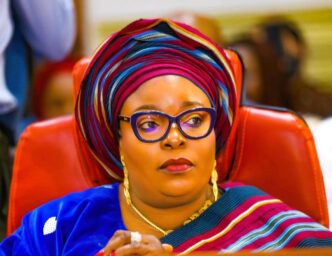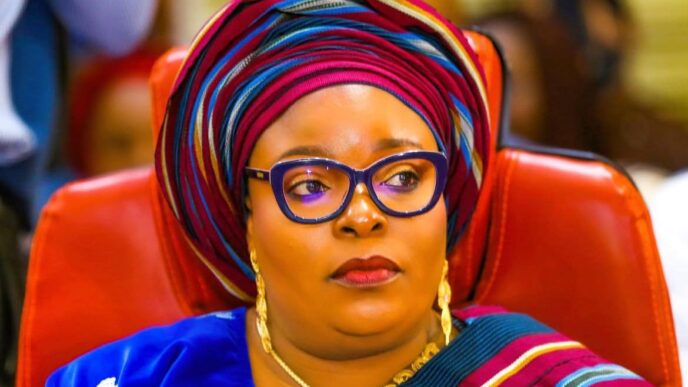BY OGUNGBILE EMMANUEL OLUDOTUN
I was thrilled last Tuesday when Kingsley Ugwuanyi, a Nigerian English consultant to the Oxford English Dictionary, announced an exciting update on LinkedIn about the inclusion of some common Nigerian words in the famous dictionary. This momentous development reflects the growing recognition of Nigerian English as a strong variety and not a dialect of the language.
Among the newly included terms, “japa,” is defined as “the emigration of Nigerians to greener pastures.” Similarly, “Agbero” refers to “a person who works as a tout at car parks and bus stops, collecting money from passengers and drivers, and ushering passengers onto vehicles.” The infamous term “419” now appears in the dictionary as “fraud.” Other Nigerian English terms added include “abi,” “cross-carpet,” “eba,” “gele,” “jand,” “Naija,” “suya,” and “Yahoo,” among others.
English, celebrated as a global language, has morphed into numerous varieties worldwide, each shaped by the unique histories, cultures, and experiences of its speakers. Among these, Nigerian English stands out as a unique and expressive form that reflects comfort and diversity. Yet, despite its widespread use and cultural depth, Nigerian English remains largely unacknowledged and marginalised on the global stage. Could it be time for the world to embrace this one-of-a-kind variety as a legitimate and influential subset of English?
Advertisement
The evolution of Nigerian English dates back to the colonial era when English was introduced as the language of governance, education, and commerce. British colonial rule established English as the official language, embedding it strongly in Nigeria’s educational and transactional systems. However, this English did not merely replace Nigeria’s indigenous languages; instead, it fused with them, creating a unique hybrid of both worlds. Over time, English absorbed elements from the country’s more than 400 indigenous languages, resulting in a version of English distinct in its structure, vocabulary, and expression.
As scholars describe, this linguistic evolution can be referred to as the “domestication” of English—a process where the language was adapted to reflect local realities and cultural nuances. Scholars like Efurosibina Adegbija, in his work, opined that Nigerian English is not just a derivative of British English but a distinct variety in its own right—one that captures the essence of Nigeria’s social, cultural, and historical context.
Today, it is obvious that Nigerian English is not just a medium of communication but a strong reflection of Nigeria’s cultural identity. The language serves as a repository for Nigerian day-to-day experiences, encapsulating concepts that do not have direct equivalents in Standard British or American English. Words like bush meat (wild game), cash madam (a wealthy woman), and long leg (influence or connections) reveal the intricacies of Nigerian society.
Advertisement
In a country with hundreds of languages, English serves as a unifying tool. However, it is Nigerian English, a blend of local expressions and global standards, that truly bridges the cultural and linguistic divides among Nigerians. While English may be the official language, it is Nigerian English that resonates with the everyday experiences of the people. From John, the okrika seller on the streets of Lagos, to Akpabio on the streets of Uyo, Nigerian English fosters understanding across cultural and linguistic boundaries, making it an indispensable tool for national cohesion.
Even more, in Nigeria’s cultural exports, its literature, music, movies, and social media trends often feature Nigerian English. The world itself can’t deny familiar names like Wole Soyinka, Chimamanda Ngozi Adichie, and others who have seamlessly incorporated Nigerian English into their works, elevating the language on the global literary stage. Meanwhile, Nigerian artists like Davido, Rema, and Asake, among others, have popularised Nigerian English slang through their music, influencing global pop culture.
Despite its widespread use, Nigerian English remains largely marginalised in formal and academic settings, where Standard British English or American English is often held up as the ideal. Educational institutions, including examination bodies like WAEC and NECO, typically assess students based on British norms, disregarding the legitimacy of Nigerian English. It is even more heartbreaking when countries ask Nigerian students for evidence that they can speak English when they apply for or seek opportunities abroad. This is embarrassing. This marginalisation results in a lack of acceptance of the unique linguistic expressions that Nigerian students use.
Evidently, Nigerian English is distinguished by several features that set it apart from other varieties of English. These include lexical creativity, which aids in coining new terms that capture local realities, such as go-slow and co-wife. It also involves semantic shifts, with words undergoing extensions or reinterpretations. Code-switching is another feature, as Nigerian English speakers frequently blend English with indigenous languages. Pronunciation is also influenced by regional accents and dialects, leading to distinctive phonological patterns that make it easily recognisable.
Advertisement
Finally, I’m not an English expert, as it is not my first language, but I have read many scholars discuss and give recommendations on how the Nigerian English dream can be realised. I believe linguists and educators must work together to document and codify Nigerian English without waiting for the Oxford Dictionary, establishing clear guidelines for its use in formal and academic settings.
I also feel that curricula should be adapted to reflect the linguistic reality of Nigerian students. Incorporating Nigerian English into the educational system would foster a more inclusive and authentic learning environment while ensuring students remain globally competitive. Additionally, the media, educational institutions, and policymakers should champion Nigerian English as a source of national pride.
Nigeria should also advocate for the inclusion of Nigerian English in linguistic studies and international English-language assessments. This English is not merely a localised form of English but a dynamic and legitimate variety that captures the essence of Nigeria’s cultural and linguistic diversity.
The time has come for all to embrace Nigerian English, not as a deviation from the standard English of Britain or America but as a robust linguistic gem that contributes to the ever-evolving story of the English language. Is the world ready to recognize the power and beauty of Nigerian English? The answer should be a resounding yes.
Advertisement
Ogungbile Emmanuel Oludotun can be contacted via [email protected]
Advertisement
Views expressed by contributors are strictly personal and not of TheCable.
